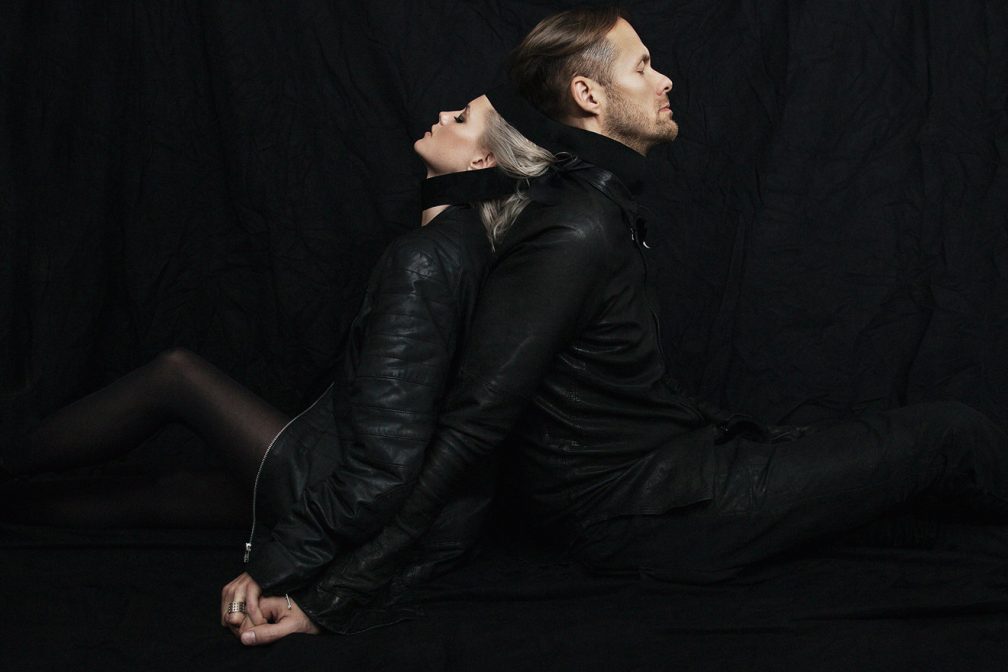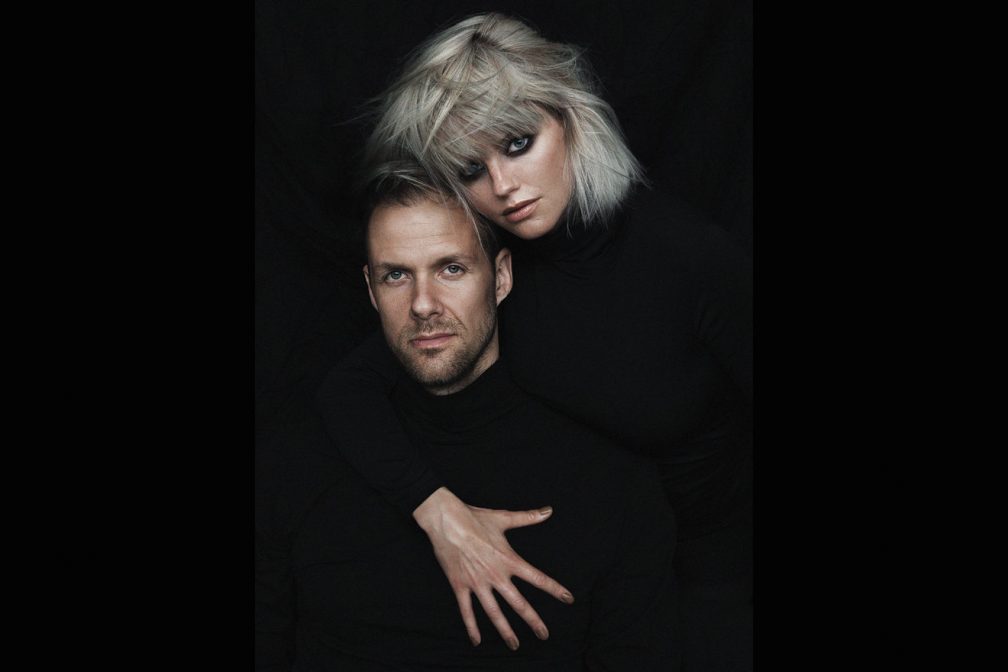 Features
Features
Ida Engberg & Adam Beyer
Back to back with the first couple of techno
It was a continuation of a musical education already well underway. Like his father, he'd started out playing the drums, but was drawn instead to the machine rhythms of the late 80s: Italo-disco, hip hop and later, house. Scouring the import section of Stockholm's record shops, he was always on the lookout for the next beat – the tougher the better. "Remember 'It Takes Two' by EZ Rock? I just wanted it to be banging and heavy," he says. By 11 he'd swapped drumming for DJing and by 16 he was releasing his first vinyl.
'Swed' was a brain-curdling wedge of acid trance with an A-side clocking 170bpm, a collaboration with his friends Joel Mull and Peter Benisch under the name Slaughterhouse. "Oh, we thought we'd made it," Beyer recalls, wryly. But Slaughterhouse was destined to be the first of many experiments with style as he pieced together his own musical identity. It was only when he discovered Jeff Mills in 1993 that his tastes began to crystallise. "I've always been a serious guy. When I found 'X-Form Volume 3', I saw the more conceptual side of techno, which no other genre had. I identified with it." It's no coincidence that a year later, he hit upon a sound that was finally true to his vision: 'Drum Codes 1'. The first record to bear Beyer's real name, it was released in 1995 on Planet Rhythm, the in-house label of the record shop where he was working at the time. Highly reduced, percussive and, in its steely, mass-in-motion physicality, deadly efficient. "I'd started to create my own style, that's when I was like 'This is what it's going to be'." Like his sound, Beyer was caught in a forward trajectory.

Unlike Beyer, Engberg never expected to make a living from music. Speaking quickly – the caffeine's kicked in – and dressed down in a chunky knit jumper, she's polite, but guarded at first. She too spent her childhood in Stockholm, but unlike Beyer, was a good, if apathetic student at school. Introduced to house by her Ibiza-loving sister and taught to mix by a boyfriend at 13, Ida nonetheless had no early inclination to DJ professionally. She wanted to go into advertising, she recalls. However, when her sister's boyfriend, an art director, agreed to take her on she spent her internship studying another kind of trend forecast. "All the time I was looking at the music charts from Holland. It got to the point where he said maybe I should take music seriously." She resisted, until an opportunity arose that forced her hand: "I got my first gig by accident – a friend was running a bar and his DJ called in sick." Borrowing her sister's music collection, she set about not fucking up. "I remember taking it very seriously," she says.


